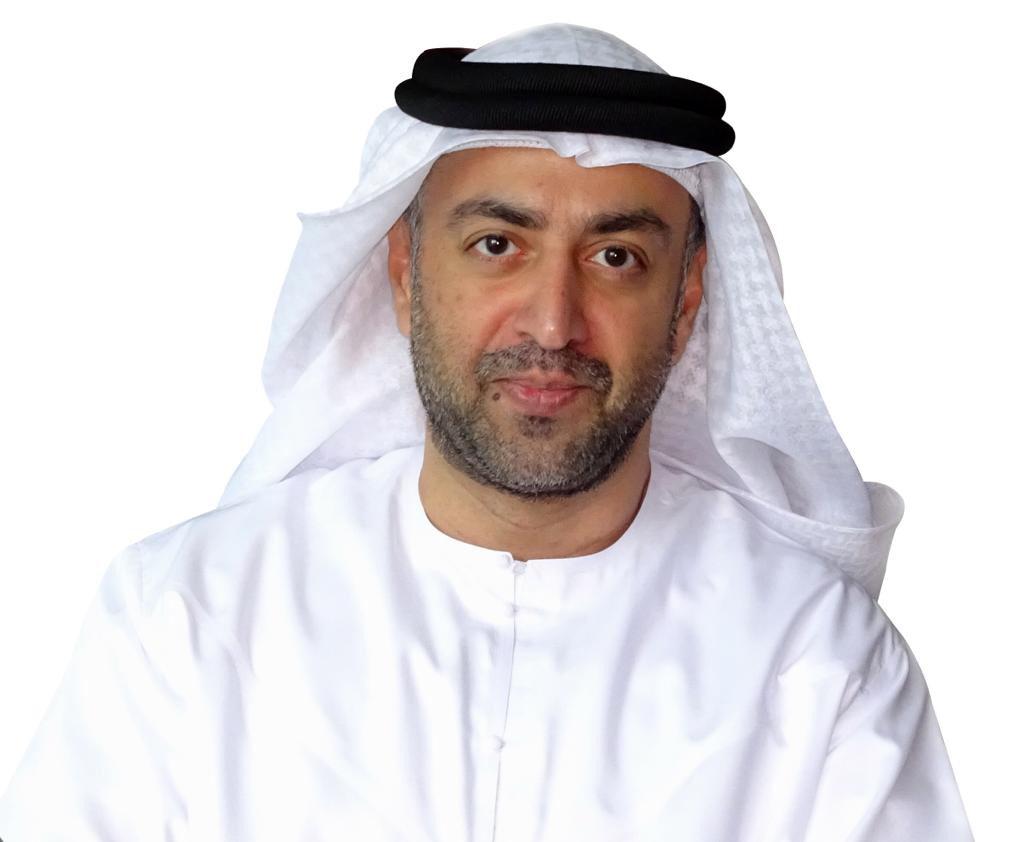
His Excellency Dr. Ali Muhammad Al-Khoury, Advisor to the Council of Arab Economic Unity in the League of Arab States, and President of the Arab Union for the Digital Economy, that the Council of Arab Economic Unity has launched an initiative to support the requirements of economic development in the countries of the Economic Community of West African States.
During his speech at the Seamless East Africa Conference, he pointed out that the proposed plan was designed on three axes: digital infrastructure, digital government and digital business models, and was linked to seven major programmes.
Dr. explained. “Al-Khoury” that the initiative included a number of recommendations, foremost of which was the establishment of the single digital market in the countries of the Economic Community of West African States, to play an important role in implementing programs for trade exchange of goods and goods and e-commerce within and between countries, stressing that regional integration has become a strategic matter. Urging the interconnected growth within the region and raising the level of the African group countries, it is expected that the digital market will support digital inclusion, fair competition, and the provision of a flexible data infrastructure, all of which are axes that pave the way towards imposing advanced programs to attract and protect foreign capital.
The initiative also included another main recommendation related to the need to pay attention to developing the legislative and regulatory environment, which should act as an enabling factor for investors, implement agreements and contracts, resolve disputes, and protect the rights of consumers and investors, explaining the importance of this in supporting the building of better standards of governance, and providing equal opportunities from By improving the supervision and transparency of transactions.
Dr. added. “Al-Khoury” in his speech: “The optimal use of technology and digital transformation has become the way to create economic value in today’s world, and that no economy can currently operate according to traditional standards or in isolation from technology. Based on this fact, the digital economy will inevitably change our views on the concept of available resources and how to utilize them in facing the existing economic and social challenges.”
Also, Dr. In his speech, “Al-Khoury” indicated that the impact of “Covid-19” in Africa will be very large, according to global readings, as it is expected to eliminate most of the gains made by countries in achieving the sustainable development goals in the past years, with an economic contraction exceeding half a trillion dollars, And that it may take about 4 more years to reach the levels of economic growth achieved during 2019 according to the best scenario, but in the worst case, it may take until 2030.
Al-Khoury said: “Looking at the demographics in the brown continent; According to the latest United Nations report, the population of Africa is expected to double in the next 30 years, with more than 450 million people of working age, and another 400 million young people will join the workforce, becoming the issue of ‘jobs’ alongside social challenges. economic and other uncomfortable and urgent topics on the decision-makers’ table.”
He continued, “With a major resource crisis in African countries with regard to food, water, energy, jobs, infrastructure, health, education, and others, it is necessary here to properly manage these files, with the need to move towards creativity and innovation in economic systems.”
He referred to a concept called “smokeless industries” and abbreviated as “iwos”, a concept that differentiates between traditional and contemporary industries, as this concept shows that, in light of the development of information and communication technology capabilities, its exploitation may contribute to creating economic opportunities and new industries Such as business services, tradable services, transportation and logistics, which in aggregate can support and enhance economic systems, create more jobs, with the potential to increase the value added per worker, and contribute to overall GDP and to the well-being of societies.
He continued, “According to a study published by a foundation called “Brooking” in Washington, these industries could contribute nearly a trillion dollars to the GDP by 2030 in Africa, but to reap the fruits of such potential, a plan is needed, otherwise it will remain. Opportunities are available only in theory.”
| About | |
|---|---|
| Initiatives | |
| Knowledge | |
| Services | |
| Media Center | |
| Contact |